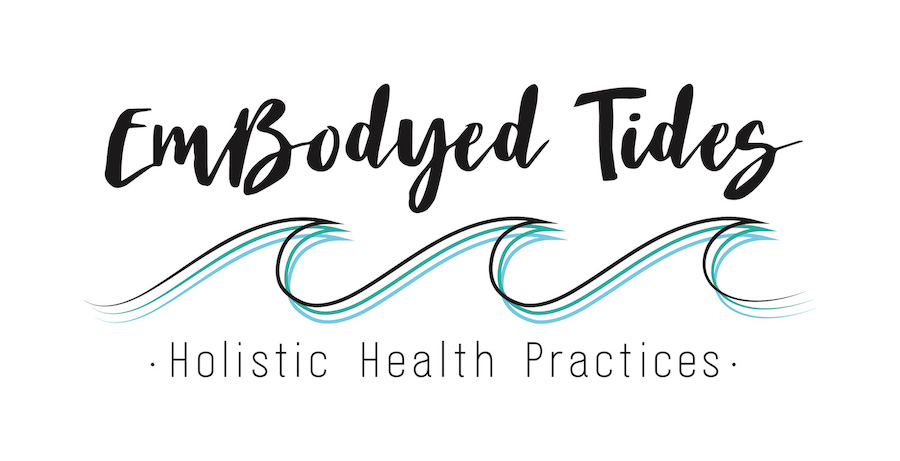“Compassion involves recognizing our shared human condition, flawed and fragile as it is.”
Kristin Neff
Ever doubt the way that others are interacting with you? Ever question how to ask for more space from someone, or more time with something, but are fearful that you’ll hurt the other person’s feelings?
I have been quite self-critical in the past if a boundary I set was then misinterpreted or misused. This kind of engagement led me to doubt whatever I must have done to arrange it; I belittled myself when it didn’t work. It could have been a family member, friend, or colleague.
Maybe I’m wrong for wanting the day to go this way.
I guess it’s not a big deal. We can open the gathering up to everyone else.
Maybe they weren’t in a good place to really hear me; I’ll remind them later.
This internal dialogue led to much frustration and fatigue. While I have grown over the years in my speaking abilities during group yoga classes or leading larger workshops, sometimes the narrative 1:1 still felt awkward. Perhaps exchanges with only one other person felt less autonomous. If my directive wasn’t heard/respected, I would often excuse the behavior and turn inward the blame for any disappointment.
One of the more recent times I felt misjudged or ignored by boundaries was when I birthed my children. Expressing personal needs while first-time nursing and feeling hormonally off-putting was near impossible (or so it showed); family and friends were blindly dropping by and depleting my already starved energy.
But how can I say no to them? I typically believe folks’ greatest intentions are to help. Although, it took a few weeks the first go-around with my daughter (thankfully less time with my son) to see that even great intentions to help were primarily self-led. And it’s not that offering up support isn’t warranted, even if the act is more selfish than not (like coming by to hold or feed the baby). As someone in the Human Services industry, I can greatly appreciate the desire to help. However, like my job as a Therapist, I wouldn’t make a very good one if I merely met with clients and dished out advice. It provides no empowerment. It is not helpful/service. It’s not allowing for the other person to feel like they can work towards and achieve something on their own timeline.
As a new mom/parent, the help best-realized is not self-led, but selfless. Okay – come on by, but then do the dishes piling up in the sink. Even better, make a meal for the family then do the dishes. Throw a load of laundry in without question, and offer to hold baby only so that Mumma can take a nap. Not for you to then pound her with questions about baby’s development.
This example of boundary-setting (one of a million), is hard for anyone to set, especially when in a unique role for the first time.
What about when we maintain difficulty setting up boundaries with regards to roles that we know well? As friends? Colleagues? Lovers?
I really believe a “needs-being-met rule” still applies: First – we individually have to figure out exactly what we need, in order to express it. Second – we have to be able to learn how to articulate the need without demanding it. Offering up what it would do for us emotionally, and perhaps the mutual relationship, so that the recipient (friend, coworker, partner) can try to understand it. Third – we learn/relearn how to express our needs over and again, so that a pattern develops in our own energy conservation.
Here are some other examples. Let’s take a look at a friendship:
Hi, (friend). Thanks for inviting me to dinner. I love spending time with you. I am finding that I am so tired after a full week; I’d love to connect again soon! Tonight, however, I need to make a rain check. When would be a good time for you to reschedule?
Or an employer who throws something on your plate at work:
Thanks for asking me to help with the presentation today. I feel valued you thought of me. Though I’m not sure I can co-lead it, as I am also still learning the new software. What about if we push back the training by a week so I can gather more thoughts and understanding of it?
With our significant other:
About our fight last night; I was feeling overwhelmed with schoolwork, and I unfairly took my frustration out on you. When you decided to head to the gym after work without telling me, I guess I felt scared. It helps me when you can send a quick message to let me know that you’re physically okay. Would you be able to do that for me next time?
Expressing our needs honestly, without assuming the other person can meet them outright, is a practice. (*Which is why I also like posing a question for the other person at the end of expressing our need.) It’s a practice, and it’s one worth using so that you can monitor not only your own energy & needs, but also be receptive to the same practice when others ask of you a change in boundary-setting.
Boundaries tend to get a bad rap for being ‘closed doors’ or cutting people out of our lives. The flip-side is true when we remove our emotional ego from them: boundaries actually support better connections. They might be arranged at times like a closed door (e.g. abusive relationships, and this post is not directly correlated to these situations), but all boundaries do not necessarily need to be locked doors. Within certain experiences, we can keep them ajar so that relationships can be maintained healthfully. Getting to know what our needs are, as well as those of our friends, family members, or colleagues, helps foster compassion and understanding. Which I think we could all use plenty more of nowadays.
